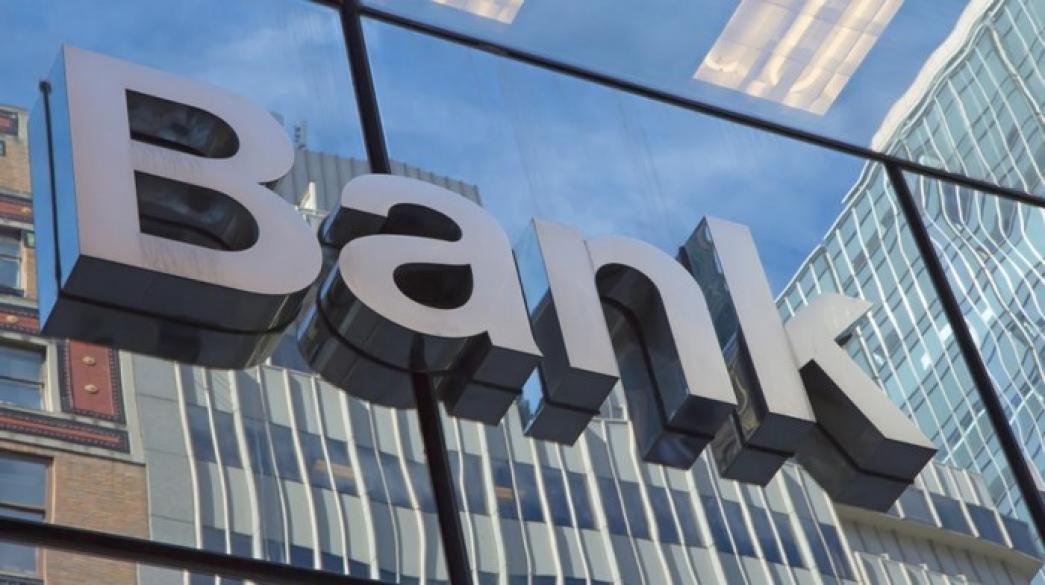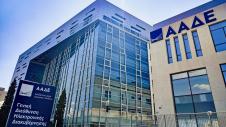Greek banks are expected to disburse a record amount of new loans this year of more than 15 billion euros, the highest figure in a decade. The acceleration of procedures to pump fresh liquidity into the economy will be at the center of today's teleconference between banks and Prime Minister Kyriakos Mitsotakis.
The meeting is scheduled to take place at 13:30 and will also be attended by Finance Minister Christos Staikouras, Development Minister Adonis Georgiadis, Deputy Development Minister Yiannis Tsakiris, Government Spokesman Stelios Petsas, Bank of Greece Governor Yiannis Stournaras, as well as the managing directors of Greece's commercial banks: Christos Megalou (Piraeus Bank), Vassilios Psaltis (Alpha Bank), Fokion Karavias (Eurobank), Pavlos Mylonas (National Bank), Theodoros Pantalakis (Attica Bank).
The solid credit expansion will be the result of a strong reaction aimed at containing the impact of the pandemic on the economy and comes after many years of negative loan growth due to the financial crisis that broke out in 2010, the many years of recession and uncertainty that followed, and economy's weak performance in the period 2016 - 2018.
Credit programs backed by government guarantees, European programs, as well as, the large increase in bank financing provided to businesses are seen as significantly boosting liquidity.
According to the Bank of Greece data, the net flow of business financing amounted to 1.86 billion euros in March, compared with a positive net flow of 462 million euros in February, with the annual rate of change increasing to 3.6 percent from 1.4 percent. Businesses in a healthy financial position and with a good credit profile rushed to boost their liquidity, by drawing liquidity from lenders. Additionally, banks have extended loan limits to healthy businesses to shield them from the effects of the crisis.
Businesses, large and small, are building liquidity reserves to strengthen their resilience until visibility from the effects of the pandemic on the economy is restored. With increasing liquidity, the main goal of companies is to cope with the crisis and, in the event that a return to normalcy (or even a partial return) takes more time than expected.
In addition to the loans provided by the banking system, liquidity conditions are being directly and indirectly strengthened by the state through a series of initiatives, such as the refundable deposit.
Business Financing - TEPIX II fund
Of particular interest is the new business financing program for small and medium-sized enterprises, which provides working capital on favorable terms to cover operating costs. According to sources, there have already been more than 15,000 applications for this finance.
The program provides 100 percent interest-free financing for the first two years with a preferential fixed interest rate, which is 100 percent subsidized by the Hellenic Development Bank. A basic condition is that the business maintains its job positions for these two years.
After the first two years, the program provides a 40 percent reduced interest rate for the three remaining years, due to the fund's 40 percent participation in the financing.
The funding can reach up to 500,000 euros. The "TEPIX II" program is co-financed by Greece and the European Union - European Regional Development Fund, in the framework of the EPANEK Operational Programs and PEP of the NSRF 2014 - 2020.









